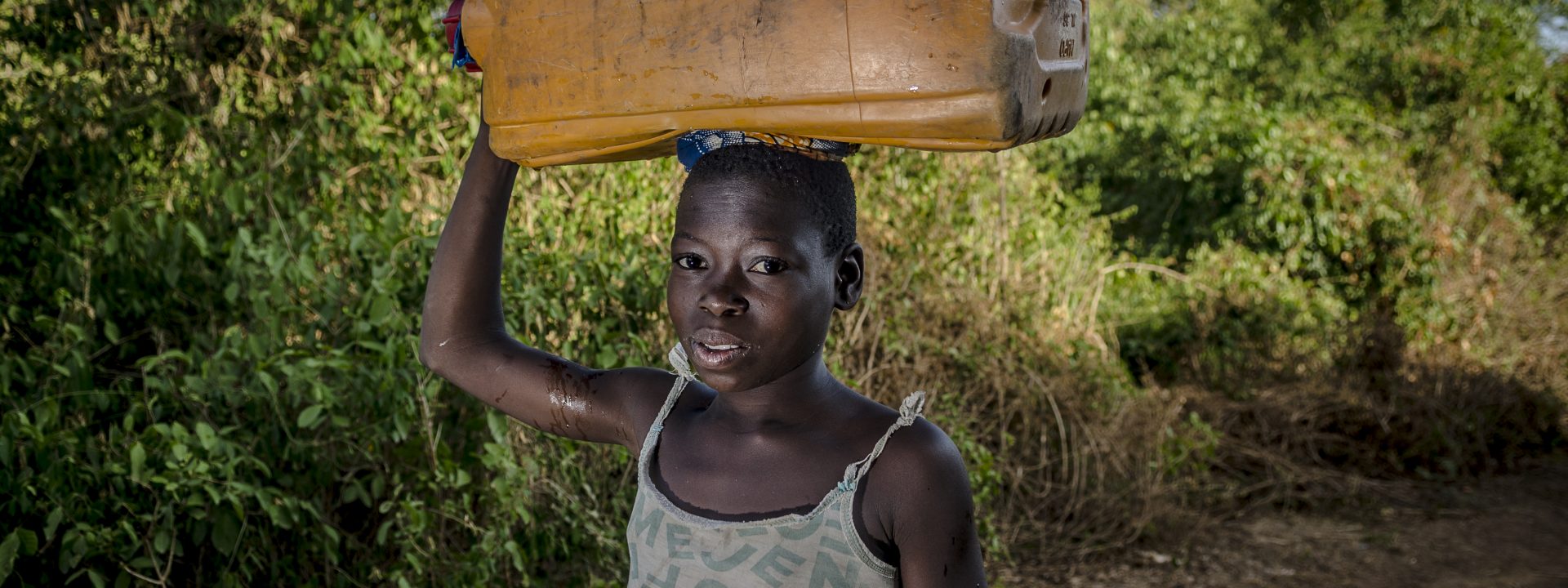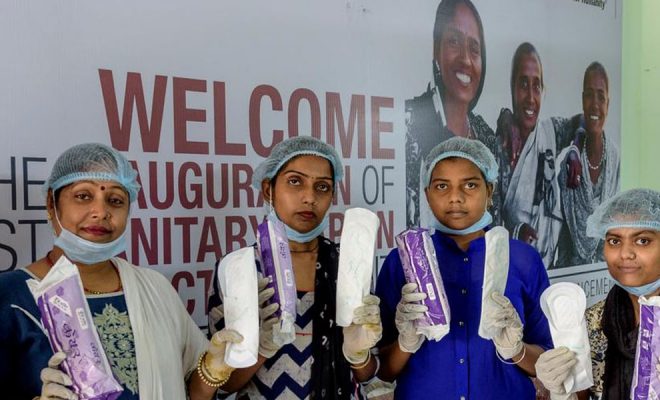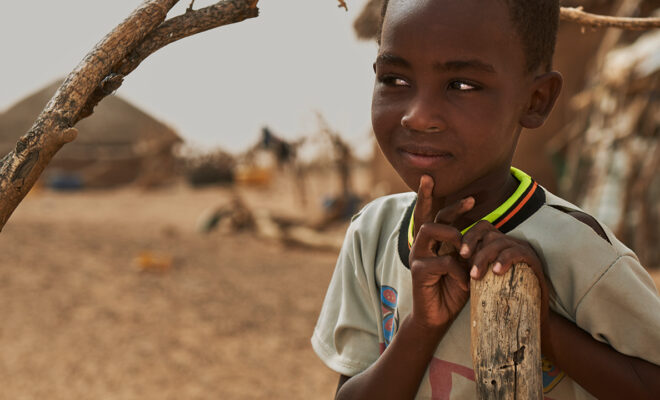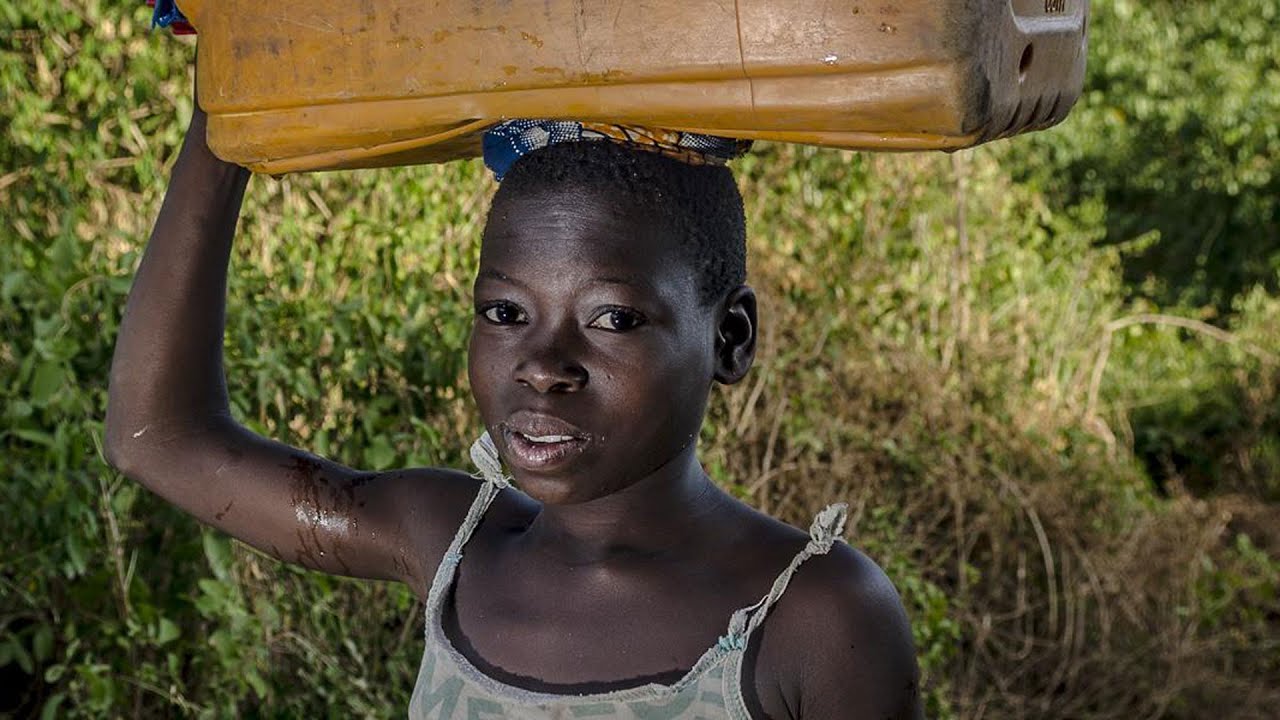
In addition to the damage in terms of lives lost and increased poverty, the coronavirus pandemic has revealed a social scourge that is dragging down our civilization and is lacerating in many countries: stigmatization. It is a social action by which a group defines another, usually a minority, as inferior and despicable. The reasons are diverse: racial, xenophobic, gender-related, disease-related, hierarchical, religious, national, cultural, social categorization, etc.
Stigmatized people are condemned to ostracism, discrimination and helplessness. Depending on the culture and laws of the country, they are segregated and physically and verbally attacked with impunity. They are often caricatured and demonized by demagogic propaganda from politicians, religious and social leaders, pointing to them as the cause of the harm suffered by the dominant group.
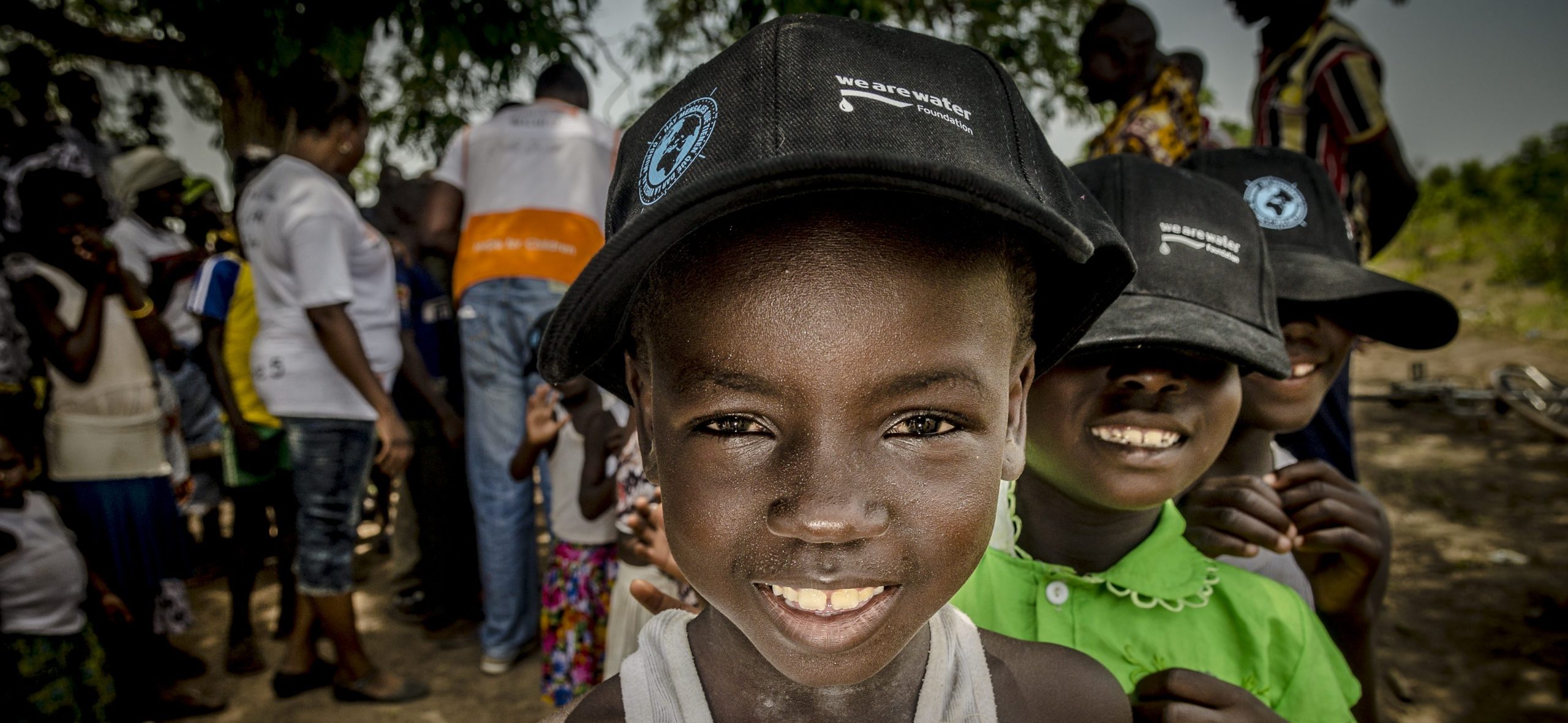
Groups living in extreme poverty are often awkward and therefore suffer the stigma of one part of the society in which they live. © Carlos Garriga / We Are Water Foundation
Segregation and ostracism in the access to water and sanitation
Groups living in extreme poverty are often awkward and therefore suffer the stigma of one part of the society in which they live. These are frequent attitudes in communities that lack access to water and sanitation. They are suffered by those who live in slums and shantytowns or belong to indigenous ethnicities or inferior castes. The Human Right to Water does not reach them and they often do not participate in the plans of their governments. They are invisible to the world that only seems to remember they exist when famines and wars generate dramatic migrations.
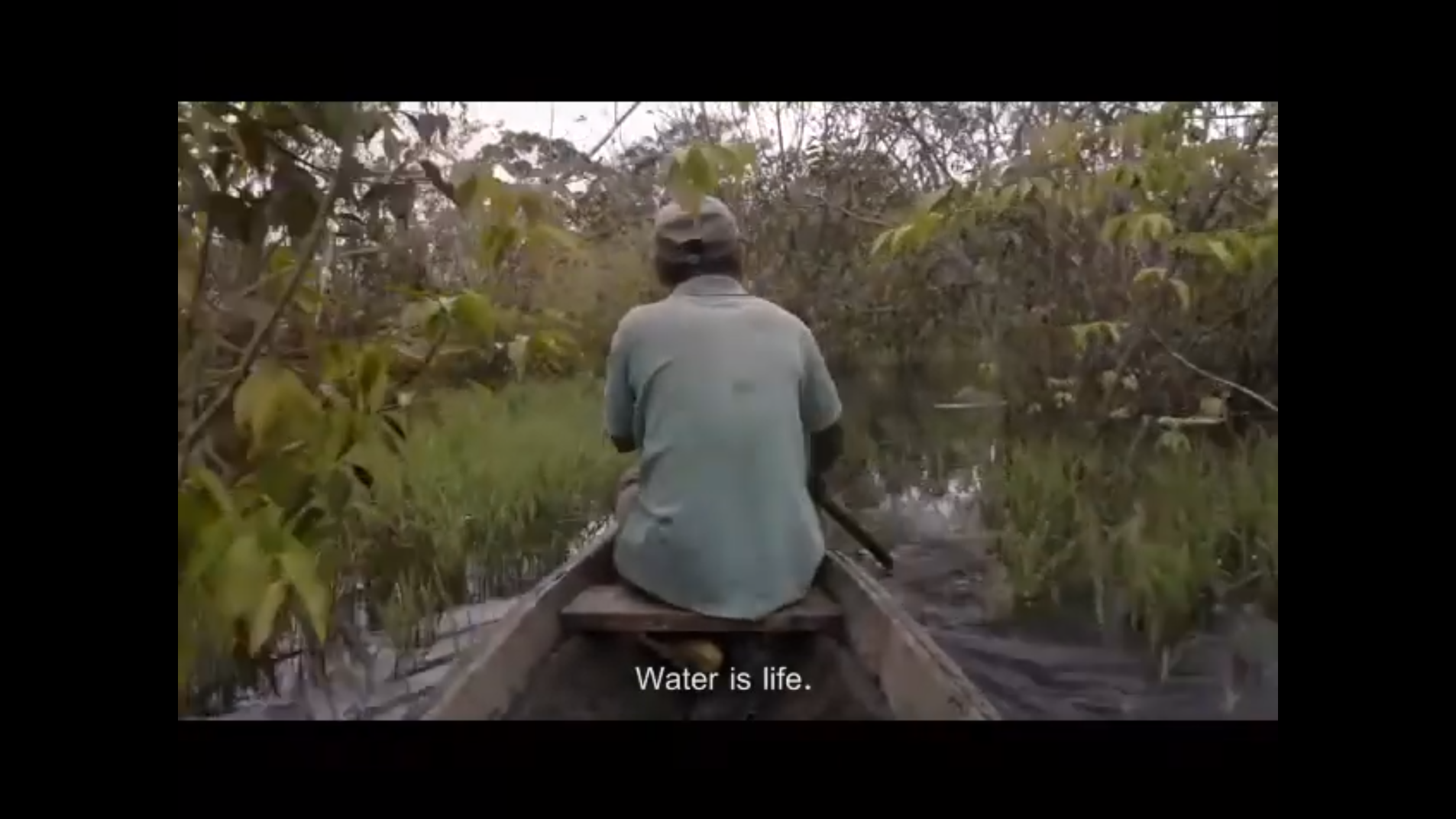
The Amazonian indigenous people of the Kukama-Kukamiria ethnic group saw their river water polluted by oil spills. They were left helplessCuninico, where the rain forest turns black, by López (Spain), finalist of the We Art Water Film Festival 4
Many of the popular movements that fight for water are stigmatized by governments and multinationals as violent in order to discredit their demands, as happened during the Water War in Cochabamba, in Bolivia. Concealment and ostracism are present in many cases of water pollution, such as the one caused by illegal gold mines in Ghana, where those who suffer the unhealthy consequences of heavy metals live in neglect. It has also happened in Peru: when the Amazonian indigenous people of the Kukama-Kukamiria ethnic group saw their river water polluted by oil spills, they were left helpless; not even favorable judicial decisions were heeded and they still depend on rainwater harvesting to survive.
Dalits, the stigma of the caste
In India, the communities of the Dalit caste, with a population of some 200 million, represent the perfect example of social stigmatization. They suffer discrimination in the job market, in education, in the access to water and sanitation and they are generally in charge of the hardest and unhealthiest jobs, without any kind of prevention or health coverage. With the pandemic, they suffer even more discrimination due to the risk of contagion they represent. Although the Indian constitution abolished castes 70 years ago, the system still permeates daily life in the world’s second most populous country.
Dalits who enter the job market do it with occasional and informal jobs and they often work in faraway places, therefore becoming perpetual migrants. Many found themselves trapped and unemployed on the 23rd March, when the government announced the lockdown, and many are still wandering around abandoned, subsisting on the meagre benefits they receive, aggravated by the fear of contagion they generate.
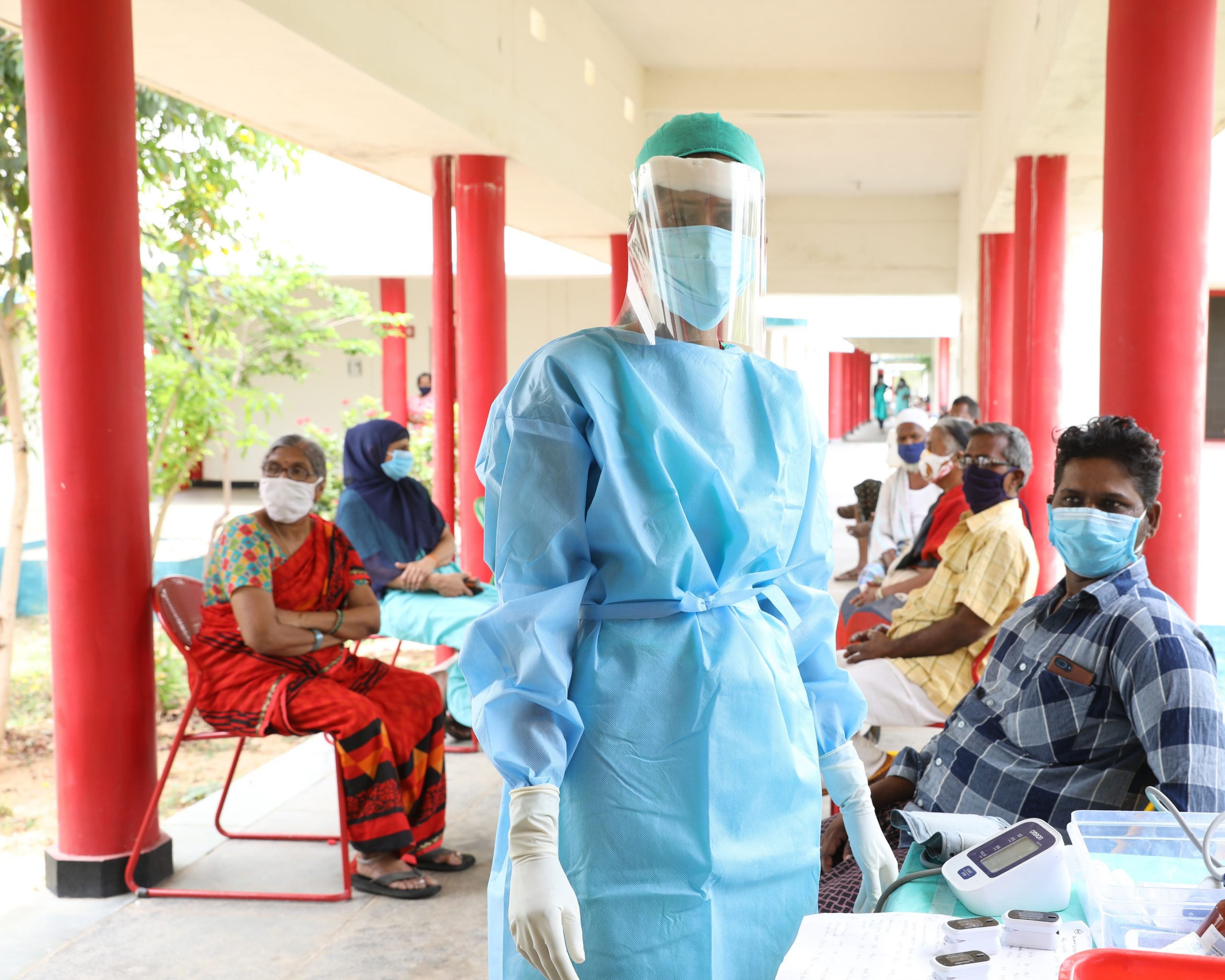
The Vicente Ferrer Foundation opened the Bathalapalli hospital in the year 2000 to provide access to health care for the rural population who had practically no health coverage. © Fundación Vicente Ferrer
Stigma in times of coronavirus
The discrimination of the Dalit world is well known by the Vicente Ferrer Foundation which has been working for their rights and for the poorest and more disadvantaged in the country since it started its activity in India in 1969, mainly in the Andra Pradesh state. In the last decade, the We Are Water Foundation has collaborated with the Vicente Ferrer Foundation in 10 projects to provide access to water and sanitation that have benefitted more than 85,000 people.
One of these projects is located in the Bathalapalli region, where 10 wells and their corresponding pumps were installed, in one of the most arid areas in Southern India. Vicente Ferrer Foundation opened a hospital there in the year 2000 to provide access to health care for the rural population who had practically no health coverage. The Bathalapalli hospital, with 360 beds, has currently five specialties: General Medicine, Surgery, Traumatology, Pediatrics and Gynecology-Obstetrics; and its facilities include an intensive care unit, a laboratory, a blood bank and 200-bed nursing school.
The state of Andra Pradesh has the highest Covid-19 growth rate in India. Since the beginning of the pandemic, the Government of the state declared Bathalapalli hospital a “referral center” for the treatment of Covid-19. A new stigma has been detected and denounced there: the one that provokes fear of contagion and that affects not only the sick but also the staff that treats them. The fear of contagion has drastically reduced blood donations and some health workers have had to leave their posts under the pressure of social rejection. Solidarity, not stigma, is the campaign launched by the Vicente Ferrer Foundation to fight this discrimination and increase the motivation of health professionals and volunteers, as they deal with more and more cases of Covid-19 in the region.
The goal of #SolidarityNotStigma is to transform fear into love for doctors, health personnel and their families as a first step to eradicate the stigma. The campaign joins the awareness and hygiene education campaigns among the rural population which are combined with food distribution among those suffering from extreme poverty.
Ending any stigma, any segregation
Stigmatization and the consequent rejection of medical personnel has also taken place in richer societies; and not only among those who have been at the forefront in hospitals. Some employees of grocery stores, caregivers and other professionals and volunteers who have continued to work to maintain essential services for the rest of the community have also been rejected by their neighbors.
Stigma and ostracism are scourges that directly threaten Human Rights and are the most harmful factors for social progress and a burden that humanity must rid itself of in order to achieve the Sustainable Development Goals (SDGs). The pandemic must serve to make all societies aware of the importance of advancing the idea of unity. Viruses, like water, know no borders, ethnicities or social classes.


